

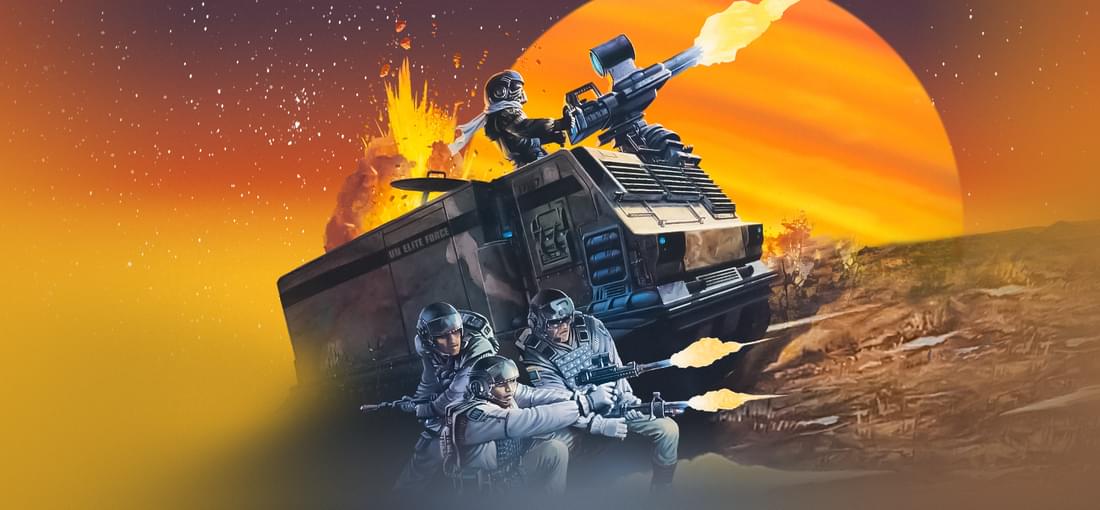
This is a bad game and fascinating piece of game development history. Along with Blake Stone (the pinnacle of the wolf3d-clones genre) it's probably most ambitious expansion of wolf3d engine with many features (breakable walls, breakable glass, light switches, multiplayer(!), NPC allies, switching control between different members of your squad). It ended up having higher requirements than DooM thanks to all bells and whistles. If you want to see what happens when someone pushes obsolete engine to its limits, this game is a must see. This said, the gameplay sucks. The game experience is long, monotonous, badly designed mess, and I'm not speaking wolf3d "looks monotonous for post-DooM audiences" but really doing the same thing over and over and over, just choked with extra features wolf 3d didn't have. The option to destroy walls is actually quite handy as it lets you skip the levels.
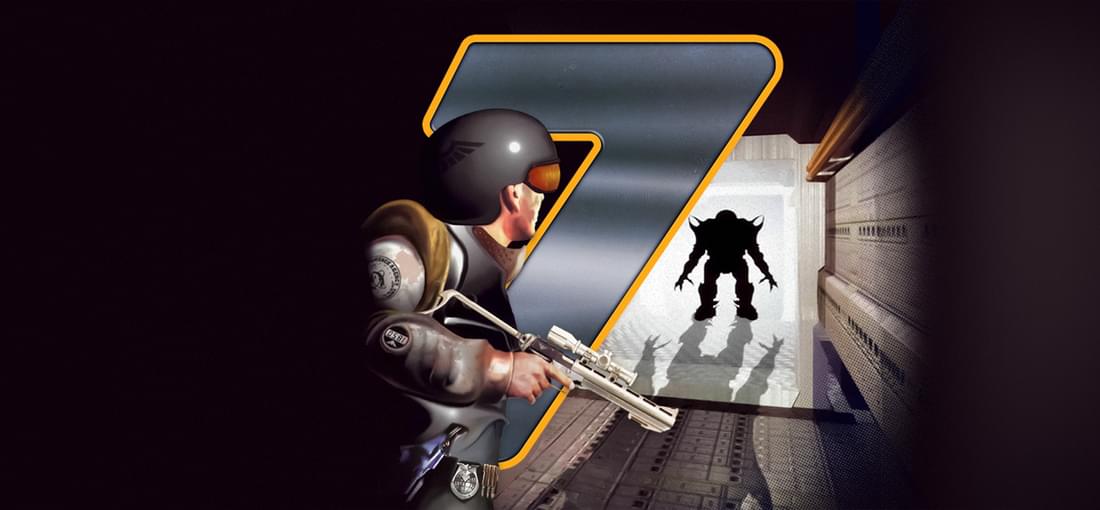
Out of many attempts to build new quality on Wolfenstein engine killed in crib by DooM, Corridor 7 is one of the best. Not better then the original wolf 3d - only Black Stone series managed that - but very much playable. If you like nostalgic pre-DooM experience this is good enough game. If you don't, it isn't.
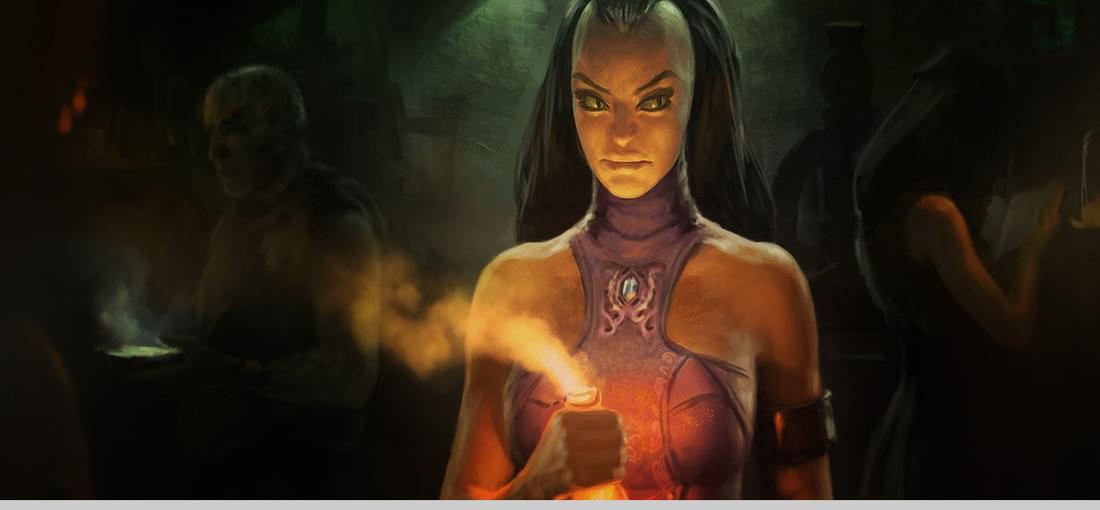
The game has some highlights (namely good humour, good companion characterisation and use of 3.5 DnD). But these can't offset cliched worldbuilding and extremely linear storyline (with almost no sidequests). The main quest tries to make itself look varied, but it's still one huge railroad with player grinding, grinding, grinding from station beginning to station end. Once campaign is finished, the only incentive I feel for replaying the game is trying another build, because everything else - except character drama - is going to be the same as last time. It's a damn waste, when you can make such a variety characters only to put them through more of the same.
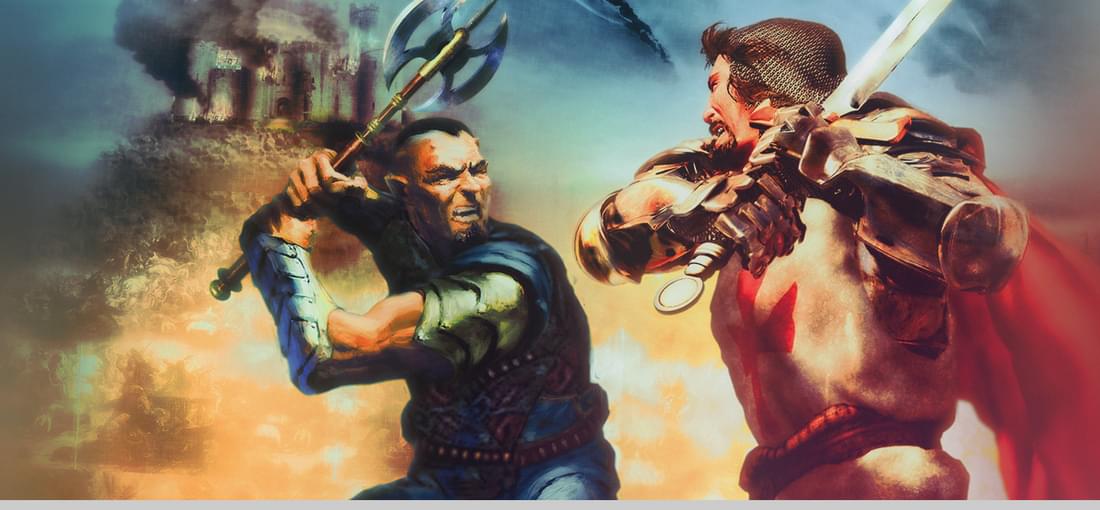
Lionheart is a troubled game which I have tried to get through four times in last 18 years only to get bored before i finished. The basic idea is promising enough to keep bringing me back - a medieval Fallout in alternate history magical Europe. Most of the promise is not delivered, through. The world building is very shallow, with most of the NPC interaction skills (diplomacy etc) quickly becomes useless because after leaving Act 1 game becomes a hack and slash. The world building is not that interesting, because instead of that we have bunch of "historical" characters (and groups), reduced to shallowest stereotypes of their historical selves and married to fantasy cliches. The quests set in such world are bunch of cliche Fantasy quests, until Act2 ends and thing becomes hack and slash. The NPC interaction skills are underdeveloped and lose revelance after Act1; with stealth letting you avoid enemies (losing 25% experience for killing them), the potentially rich character build becomes all about combat, (combat) magic and lockpicking. The whole thing feels as if someone took ideas left over from Fallout and Icewind Dale development and tried to make a SP Diablo clone out of them, using high school level history knowledge to proxy world building.
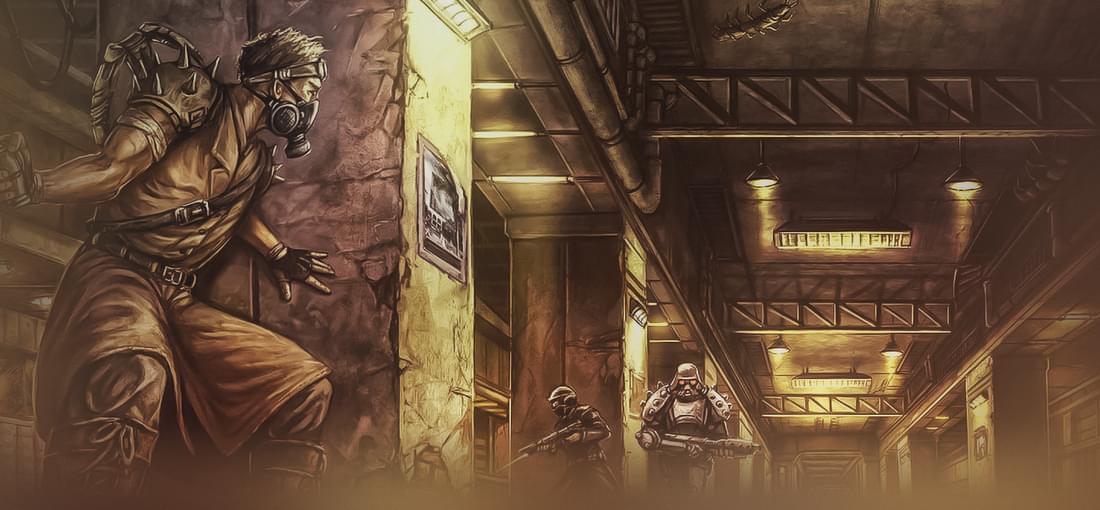
A captivating (at first) classic isometric RPG, suffering from metagame fixation. Get it, enjoy it while it's fun, drop it when it becomes tiresome. The good: The game has magnificent world building. The setting, the well-designed society within, their history and changes they undergo are all master work, just asking to sink your teeth in and explore. The RPG mechnics - character customisation, equipment variety, crafting - are all very rich and varied. The bad: The game has obsession with combat, character builds and metagame comparable only with Diablo 2, and the metageme is not even intuitive. Trying to just have real-life idea what your character will be good at and running with it is recipe for diseaster. If you like to research cookie-cutter builds in internet for hours before you make your first character, and research equipment needed for enemy types before entering the area (or learn that by trial and error) this is the perfect game for you. The ugly: The well designed world is inhabited by very shallow characters; roleplaying parts are as poor as exposition is rich. NPCs are more plot devices / quest milestones / exposition tubes than people having their own lives. The interpersonal relations in game pretty much ammount to persuading / intimidating someone to let you down a new quest branch. I find myself actually caring more about how setting came to exist in current state than what next will happen to "people" living in it now. The setting is perfect for story-driven game, but the potential is wasted to make room for metagame and grinding. The level cap is absurdly low, too, so you can max your level (and lose motivation to go forward) well before the game ends - leaving you only with main quest and grinding through fights as late gameplay experience. The factions and story choices are cosmetic as well, so the only replay value is experiencing the same story with new character build, handling the same fights in new way.
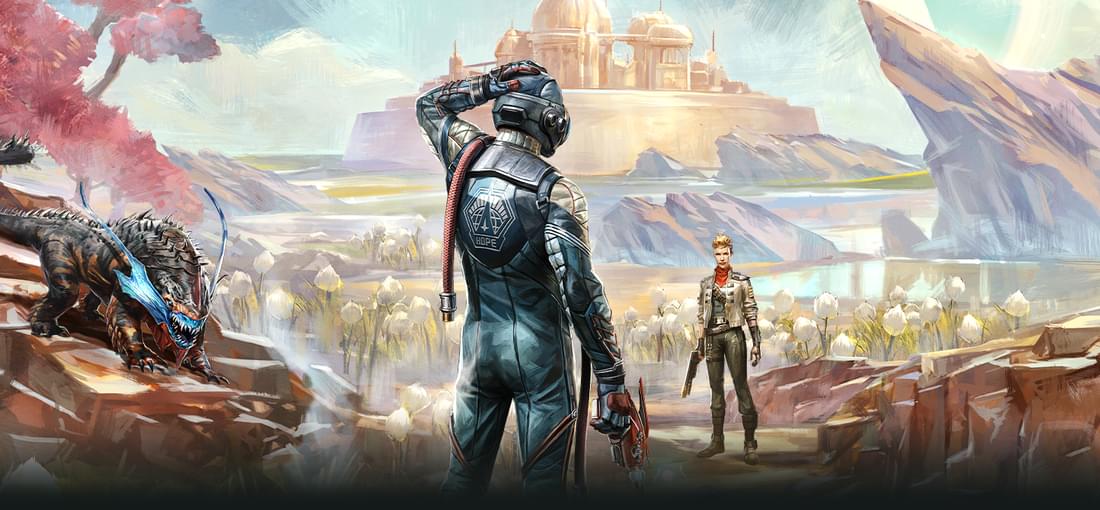
At the core, the game is a solid clone of experience that once made Fallout 1 and 2 great - well written, troubled, open world with well developed characters, a main quest that makes complete sense in-universe (rather than long string of coincidences that happens to make player visit every major location), side quests related to the town/planet you are visiting, and a drifter player who drops into location, spends a real-world day solving problems that threaten inhabitants long term survival (whether their like your solution or not), pick up clues for the main quest and move on. You know, come to city, fix nuclear plant, negotiate peace between factions that did not even consider talking, expose a conspiracy, move on kind of staff. And do that because you can, not because locals had presence of mind to tell you to. This is great comeback from games like New Vegas or Fallout 3/4, where player could only act as agent of existing faction and do what (s)he's told - here we're back to being a force of nature reshaping the setting. Mechanically, the game is an FPS with shallow RPG elements and deep, deep dialogue. Most of the depth is in story and dialogue. The FPS gameplay is rather easy, making lot of stuff (companion skills, the slow time ability, crafting mods) redundant as most things can be just gunned down. Skills and stats are not that important outside dialogue and most perks affect the redundant abilities - no complexity there. On the other hand, the game does not force fake complexity on player, either (no complex crafting for sake of playing to look for components, 150 ammo types and 150 weapons you keep to be able to use each if others run out). What you do with the story is much more interesting than which ability to pick.
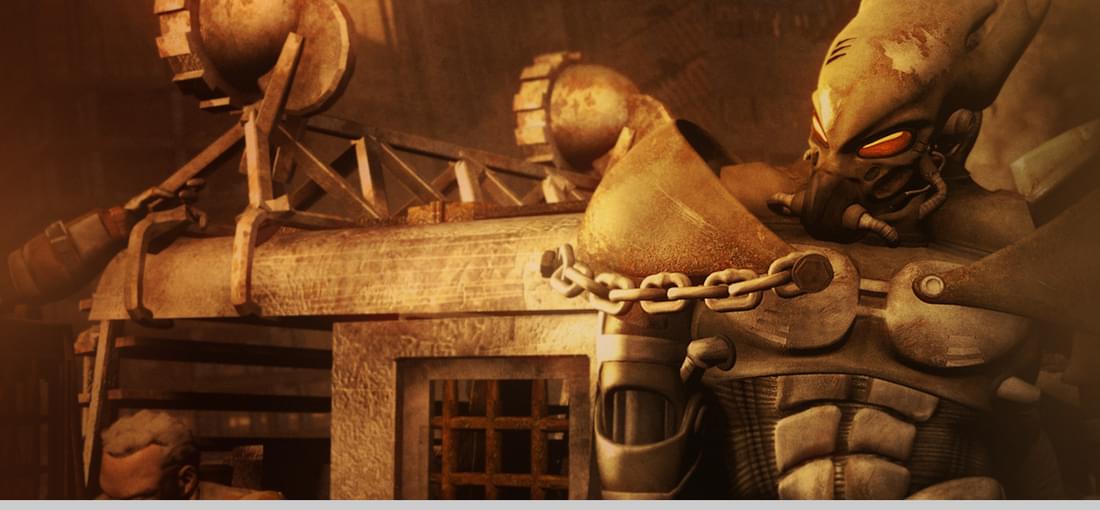
The tactical offspring of Fallout 2. Original Fallout games had great combat mechanics with potential for tactical variety... but fights in these games were shootouts, mostly fought indoors or as random encounters where both parties start in open 20 meters apart. Combat in Fallout 1 and 2 was all about trading volumes of fire at close range to kill enemies before they overwhelm players AI-controlled allies. Tactics is a squad-level game that makes full use of this wasted potential. Player controls the whole squad and is able to develop its abilities (with player character being the leader, rather than micromanaged 20m ranged DPS powerhouse of RPGs). Fights take place in varied, open areas, letting player make use of terrain, engage enemies on ones own terms, and experiment with weapons that were useless in RPGs (long range in particular). Fights are won less by awesome builds of character(s) and more by ability to concentrate fire of whole squad from safe position. Back when released, this game received a lot of criticism and comparison with Fallout 2 (which was what Fallout fans wanted more of). The fact that RPG veterans like me tried to play it the way they knew (turn squad of six into six 20 meters DPS powerhouses then micromanage them) didn't help, either. When played as its own thing, it's a fun tactical game with great weapon variety and soldier customisation options. (Back in the day this game has also received lots of flak for its specific portrayal of Fallout universe. But this was before Beshenda Fallout, which made it look good in comparison).
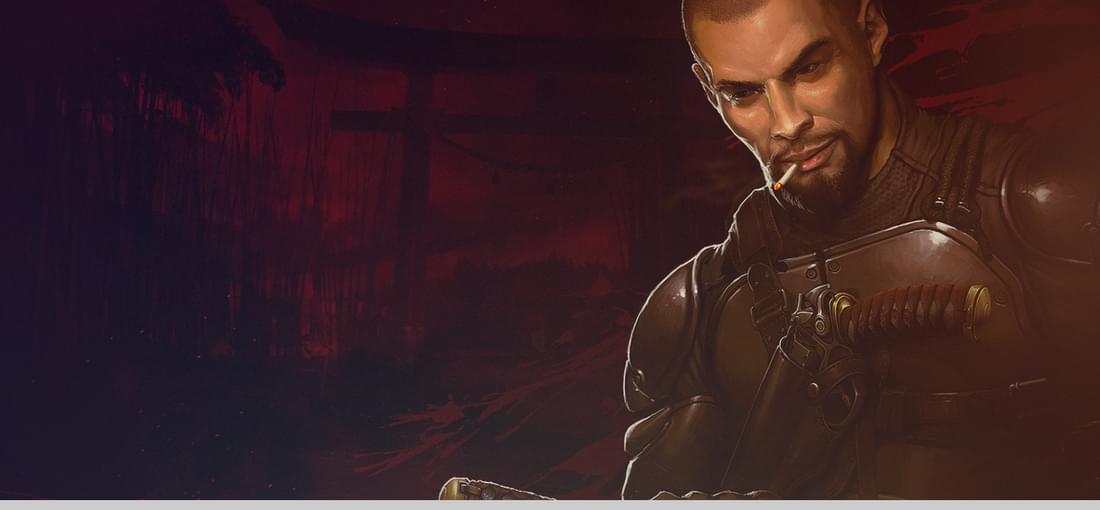
Except Shadow Warrior was never as good as Nukem in first place. Gameplay feels like bad Jedi Knight clone, with rudimentary swordplay and not-Force-really powers. The guns are there but ammo is scarce, so the half-baked Jedi Knight is going to be large part of experience. The enemies are dumb and game throws them at you by bucketload, in closed arenas, before unlocking the door to next room where experience repeats. There are attempts at humour, but like everything else they are effort half made. There are attempts as story behind to tie one chamber of monsters with another, but while original Shadow Warrior had hilarious excuse plot that never treated itself seriously, here the authors cannot decide if they want to treat plot seriously or not; the result is artificial mix that is neither funny nor involving. Whole thing feels like elements were developed just rudimentary enough to check all boxes: sworplay - check, guns - check, upgrades - check, powers - check, jokes - check, story - check, enemies - check, levels - check, without making any of these interesting. Either play real Shadow Warrior or real Jedi Knight.